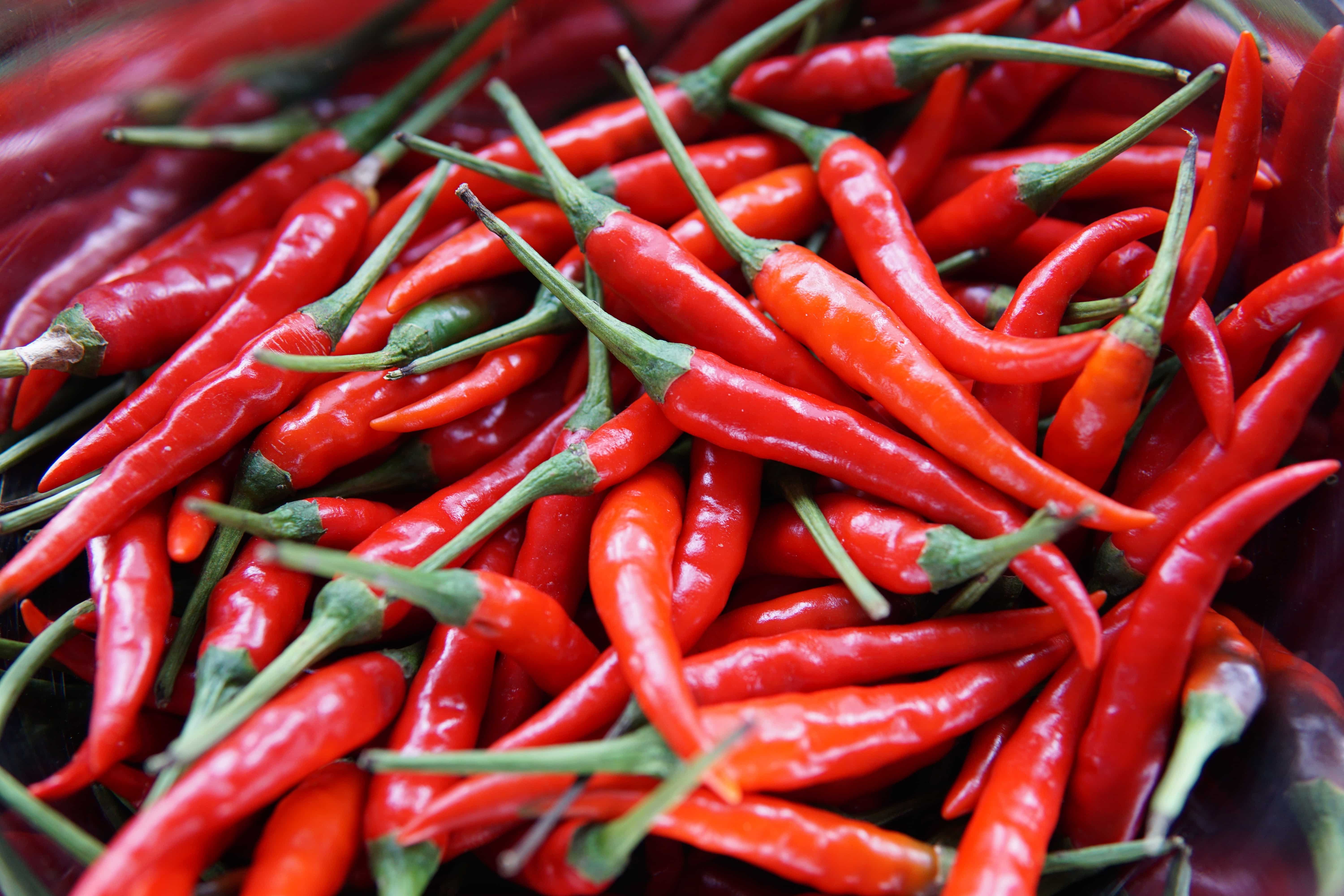Key Takeaways
- Recovery from Heat Stress: The study found that hot pepper plants could recover from prolonged heat stress within approximately a month.
- Physiological Changes: Significant changes were observed in plant growth and photosynthesis rates after the 40th day of heat treatment.
- Genotypic Variability: Different genotypes exhibited varying levels of heat stress sensitivity, affecting their recovery rates and yield loss.
- Breeding Implications: The study identifies key morphological characteristics that could be targeted in future breeding programs to adapt crops to prolonged heat stress.
A recent study led by Min Kyoung Kim et al., published in 2023, sheds light on the effects of prolonged heat stress on hot pepper (Capsicum annuum L.) crops, a significant vegetable crop in South Korea. The study comes when global temperatures rise, posing challenges to horticultural crops.
Methodology and Findings
The research was conducted over 75 days in two temperature-controlled greenhouses. Plants that were 48 days old were subjected to temperatures of 30°C and 35°C during the day. The study evaluated three different hot pepper genotypes, each with varying levels of stress susceptibility.
The study found that all hot pepper accessions could recover from prolonged heat stress within approximately a month. Significant changes were observed in morphological and physiological characteristics, such as plant growth rate and photosynthesis rate, particularly after the 40th day of heat treatment.
Genotypic Variability
One of the key findings was the variability in heat stress sensitivity among different genotypes. Plants that produced more fruits relative to their biomass at the early heat treatment stage had a slower recovery rate, resulting in the most significant yield loss.
Implications for Future Breeding Programs
The study suggests that specific morphological characteristics, such as the ratio of fruit production to biomass in the early stages of heat treatment, could be crucial for future breeding programs to adapt crops to prolonged plant heat stress conditions.
Read the rest of the study here.
Photo by Elle Hughes on Unsplash


